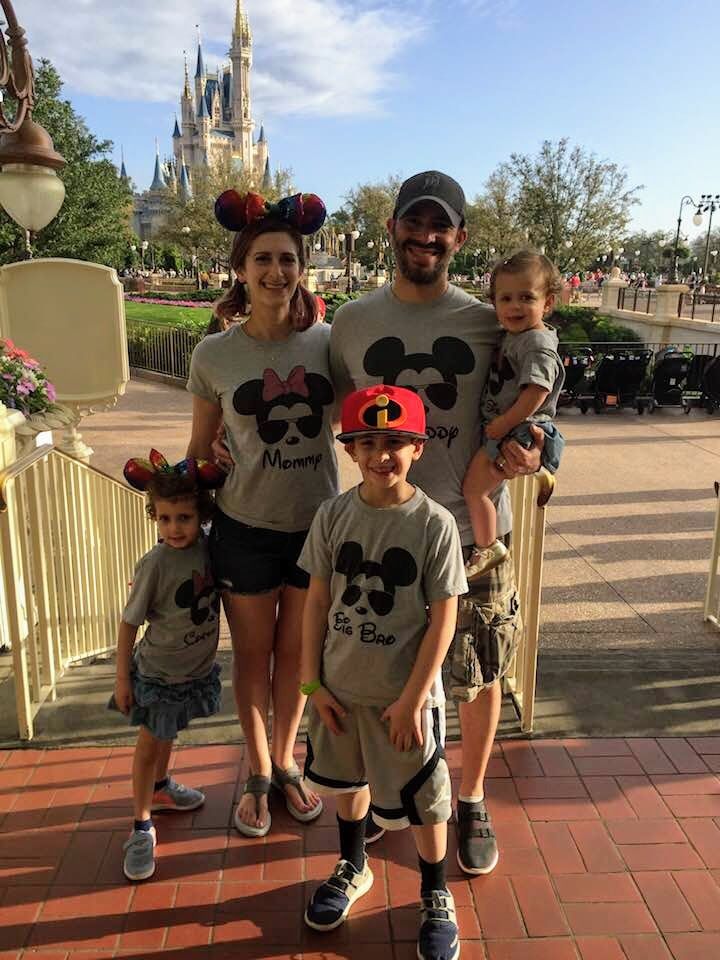Salvador Minuchin, one of the most famous family therapists and an architect of the modern field once said
Only the family, society's smallest unit, can change and yet maintain enough continuity to rear children who will not be “strangers in a strange land,” who will be rooted firmly enough to grow and adapt.
Dr. Minuchin is famous for developing a leading model of family therapy that emphasizes clear but flexible role boundaries as fundamental to the health of the family and individuals within the family. Role boundaries are the defining characteristics of who does what in a family. Those boundaries are developed in repeated experiences over time; they must be clear enough that children know what to expect from their families but flexible enough that the family can adapt under stress.
In other words, Dad always makes and packs my peanut butter sandwiches for lunch, but when he’s sick, Mom knows just how to do it, and when he’s well, he’ll take it on again.
I only recently discovered that Dr. Minuchin was Jewish.
What a sweet surprise to learn that a person I had admired for my whole professional career, whose teachings I worked to implement and even extend, had this in common with me. It also made me wonder how Dr. Minuchin’s Jewish identity was interwoven in his ideas. Sadly, Dr. Minuchin passed away 4 years ago, and as far as I know, he never answered this question, at least publicly.
In my own work, the influence of my own cultural socialization is clear. I study the impact of family rituals on child and family development. Family rituals – from the humble Taco Tuesday to the loftier Shabbat celebration – confer joy, the glue in relationships, promote positive identity, and offer predictability and structure to family’s lives.
Family rituals are the theater within which role boundaries develop. In my view, they are the heart of how loving families nurture children’s social and emotional development. My research has shown that family rituals are a significant strategy by which families protect children from the pernicious effects of stress and trauma. By infusing children’s lives with joy that can flow in times of change within predictable structures that promote continuity, family rituals are the how of Dr. Minuchin’s thesis that families, primary relationships, are the soil for children’s growth and adaptation.
Rituals are also as Jewish as Gefilte fish. In times of change, as mundane as the changing hour of the day and as momentous as birth and death, Judaism offers a comforting and stabilizing ritual to promote peace and connection. These rituals define our shared identity and connect us to our ancestors … just like family rituals passed through the generations.
There’s no perfect family; it’s a myth … Perfect parenting is an impossible thing, like being a perfect president or something like that. It’s trying to do good through a series of mistakes. It’s part of the human condition. No one knows how to do it right.
Dr. Minuchin reminds me of my sense of Jewish identity wherein I am taught to question and work towards wholeness while embracing my imperfect humanity. Rituals, in families as in Jewish life, offer a chance to keep investing in relationships as touchpoints and sources of renewal.
His quote, too, speaks to the beautiful weirdness of families. Each family is different, and family rituals offer a chance for joy to emerge inside of unique identity-forming experiences.
Saturday living-room karaoke parties, Wednesday spaghetti bar, bedtime snuggle fests – what does your ritual say about who your family is together? We like to have fun, we enjoy cooking and eating together, we love to hug!
Some families form informal book clubs (“We’re all reading Harry Potter!”) while others vacation to the same destination each year (“Our happy place!”) Many families have a lexicon all their own, words they repeat in specific ways, in greeting and departure (“I love you stronger, bigger, faster than the roar of the tiger!”)
When children enter the outside world – strangers in a strange land – these experiences create an emotional residue from their sense of belonging to a weird and wonderful unit, protecting and sustaining them no matter what challenges they face.

Comments
Sign in or become a Nu?Detroit member to join the conversation.
Just enter your email below to get a log in link.